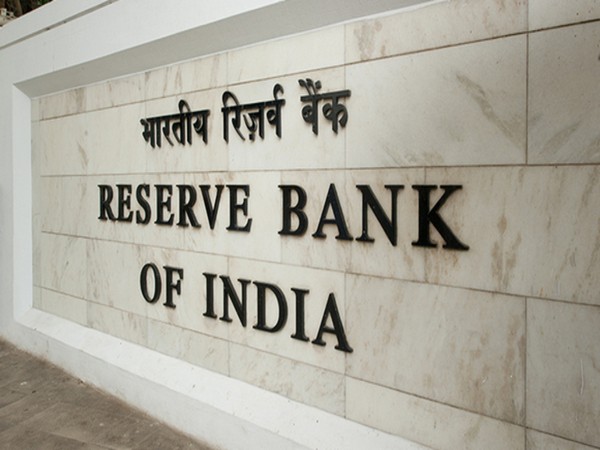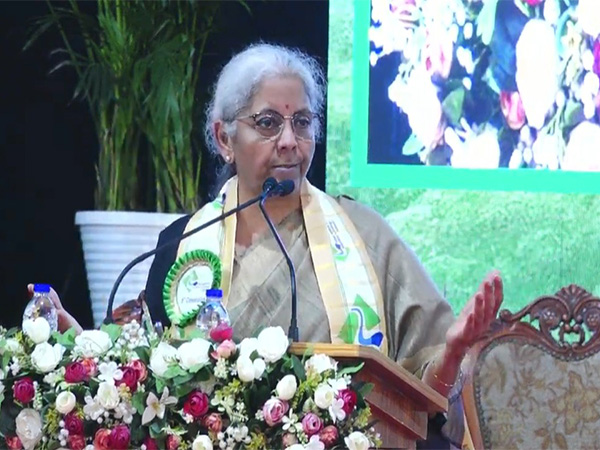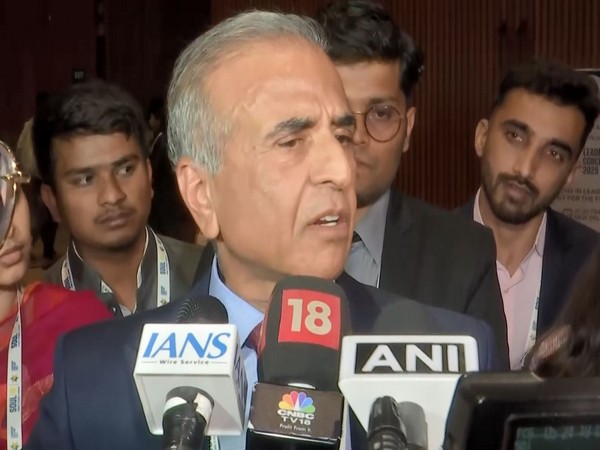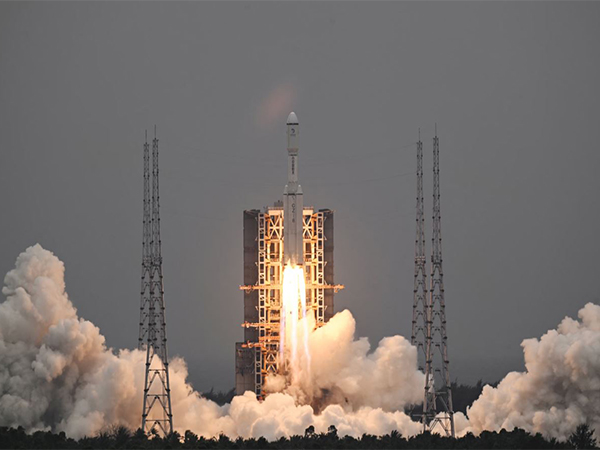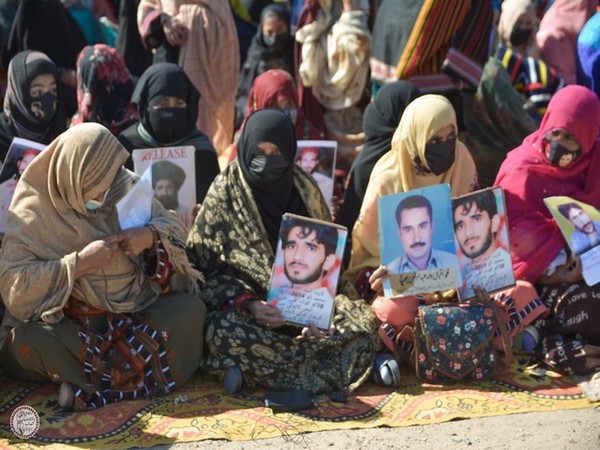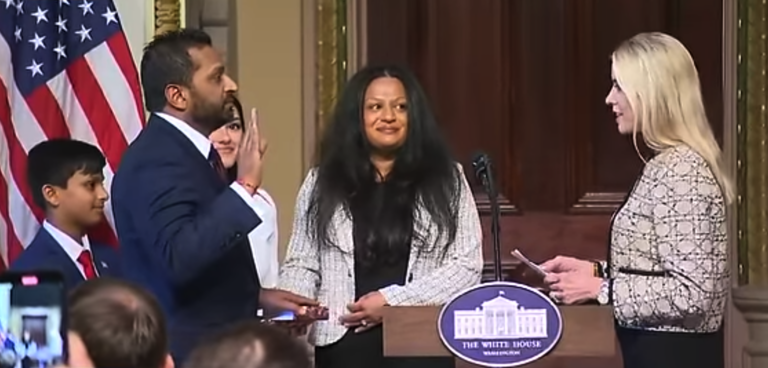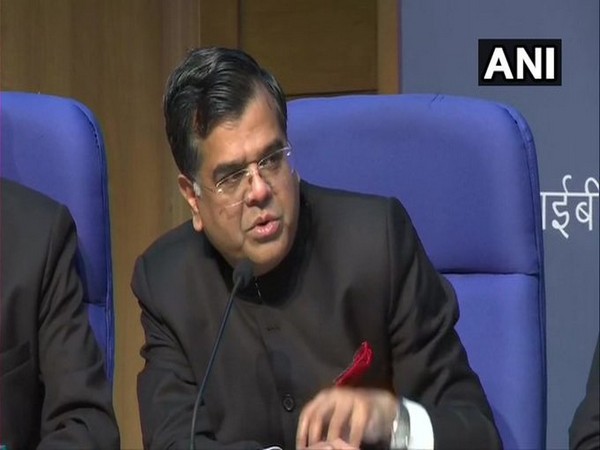
By Shailesh Yadav
New Delhi [India], February 2 (ANI): Cryptocurrencies like Bitcoin or Ethereum will never become a legal tender, Finance Secretary TV Somanathan told ANI adding only the digital rupee issued by the Reserve Bank of India (RBI) would be the legal tender. Speaking to ANI, Finance Secretary said, “Digital rupee will be backed by RBI which will never default. Money will be of RBI but the nature will be digital. The digital rupee issued by RBI will be the legal tender. We can purchase non-digital assets with the digital rupee like we purchase an ice cream or other things using our wallet or payments through UPI platform.” “Rest all are not legal tender, will not, will never become legal tender. Bitcoin, Ethereum, or any picture of Actor become NFT will never become a legal tender,” he added.
Somanathan said that crypto assets are assets whose value is determined between two people, you can buy gold, diamond, and crypto assets, but that value will not have authorization by the government. People investing in private crypto should understand that it is not having the authorization of the government. There is not any guarantee that your investments will be successful or not, one may lose money and the government is not responsible for this, he said.
Finance Secretary clarified that the things which are not legal don’t mean that they are illegal. “I am not saying that Bitcoin or Ethereum is illegal, but that is not illegal too. But I can say that if regulation comes for cryptocurrency then also it will not be a legal tender,” said Somanathan. Somanathan said that regulation may seek KYC, seller’s license, but it will be decided by the government later with wide consultation with stakeholders. We will also see what is happening in other countries, he said.
Elaborating more on the digital rupees, Somanathan said that the digital rupee will not be like Bitcoin and Ethereum.
Somanathan further said, “Through digital rupee, you do your transaction like what currently you are doing through your digital wallets like Paytm, UPI. The digital rupee is a legal tender and equivalent to cash payments we do.” Finance Secretary also clarified the 30 percent tax rate on digital assets transfer. He said except for agriculture any other income is taxable as per the government policy.
“Currently we don’t have clarity on cryptocurrency, whether it is business income, capital gain or it is a speculative income. Some people declare their crypto assets, some do not. Now from April 1, 2022, a uniform rate of 30 percent tax will apply on the transfer of digital assets,” he said.
“This is not only for crypto, this is for all speculative income. For example, if I take horse racing, that also attracts 30 percent tax. There is already 30 percent tax on any speculative transaction. So we have decided to tax crypto at the same rate. Crypto is a speculative transaction, so we are taxing it at a 30 percent rate,” said Somanathan.
“No one knows the real value of Ethereum. Their rate daily fluctuates. One who earns income through crypto will have to pay now 30 percent. This is the new policy of the government,” he added. (ANI)
MGNREGA allocation not slashed, clarifies Finance Secretary
The government has not slashed the allocation for the Mahatma Gandhi National Rural Employment Guarantee (MGNREGA) scheme, Finance Secretary TV Somanathan told ANI on Wednesday, rubbishing media reports. Talking to ANI, Somanathan said, “if we compare budget to the budget allocation of MGNREGA from Union Budget 2021-22 and Union Budget 2022-23 we have allocated Rs 73000 crore for MGNREGA. In supplementary allocation, we had pushed up to Rs 98,000 crore in revised estimates for the financial year 2021-22 due to pandemic and demand by states.”
“For 2022-23 we have allocated the same amount of Rs 73,000 crore as we assume that this time situation is not looking so bad as we have seen an April-May 2021. But yes if such a situation arises and there is a demand to increase the MGNREGA allocation, we can increase the allocation in the revised estimate,” he said. MGNREGA is a demand-driven scheme, guaranteeing 100 days of unskilled work to any rural household that wants it.
Somanathan pointed out that capital expenditure in the Union Budget 2022-23 has been stepped up sharply by 35.4 percent from Rs 5.54 lakh crore in the current year to Rs 7.50 lakh crore in 2022-23, which is an increase of more than Rs 2 lakh crore. “From this 2 lakh crore central government will give Rs 1 lakh crore to states for the development of public infrastructure on every district. This Budget will make our economy Aatmanirbhar,” he said.
Finance Secretary said that Union Budget 2022-23 is a growth-oriented budget. About 2,000 km of the rail network will be brought under the indigenous world-class technology Kavach. He said Kavach is an indigenously developed anti-collision device to prevent accidents to achieve railways its goal of zero accidents. 400 new Vande Bharat trains will be manufactured in the next three years with Indian technology providing security and speed.
Somanathan said, “we had proposed import duty in certain items which were exempted earlier will help our MSMEs.””The more business we generate, the more opportunities will create. If we spend on rail network this will not only benefit manufacturers but also those MSMEs who provide raw materials to manufactures,” he said. (ANI)
